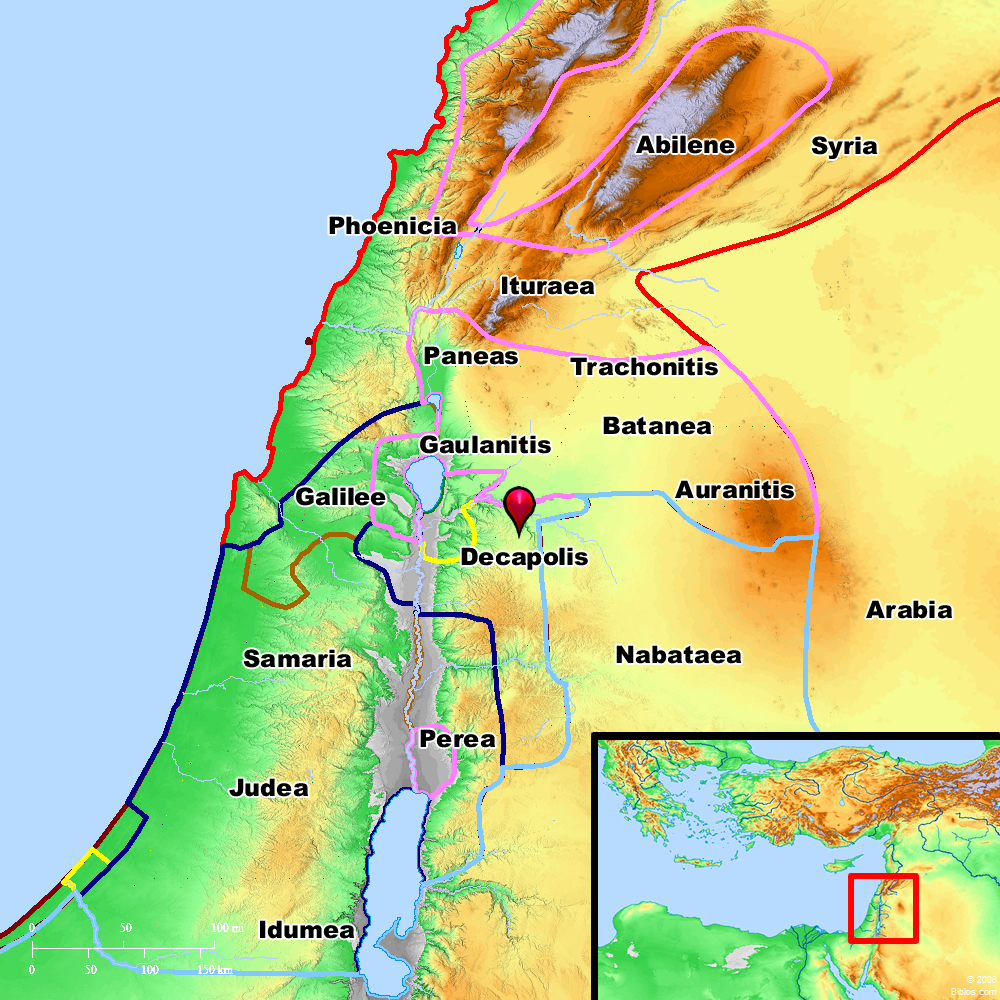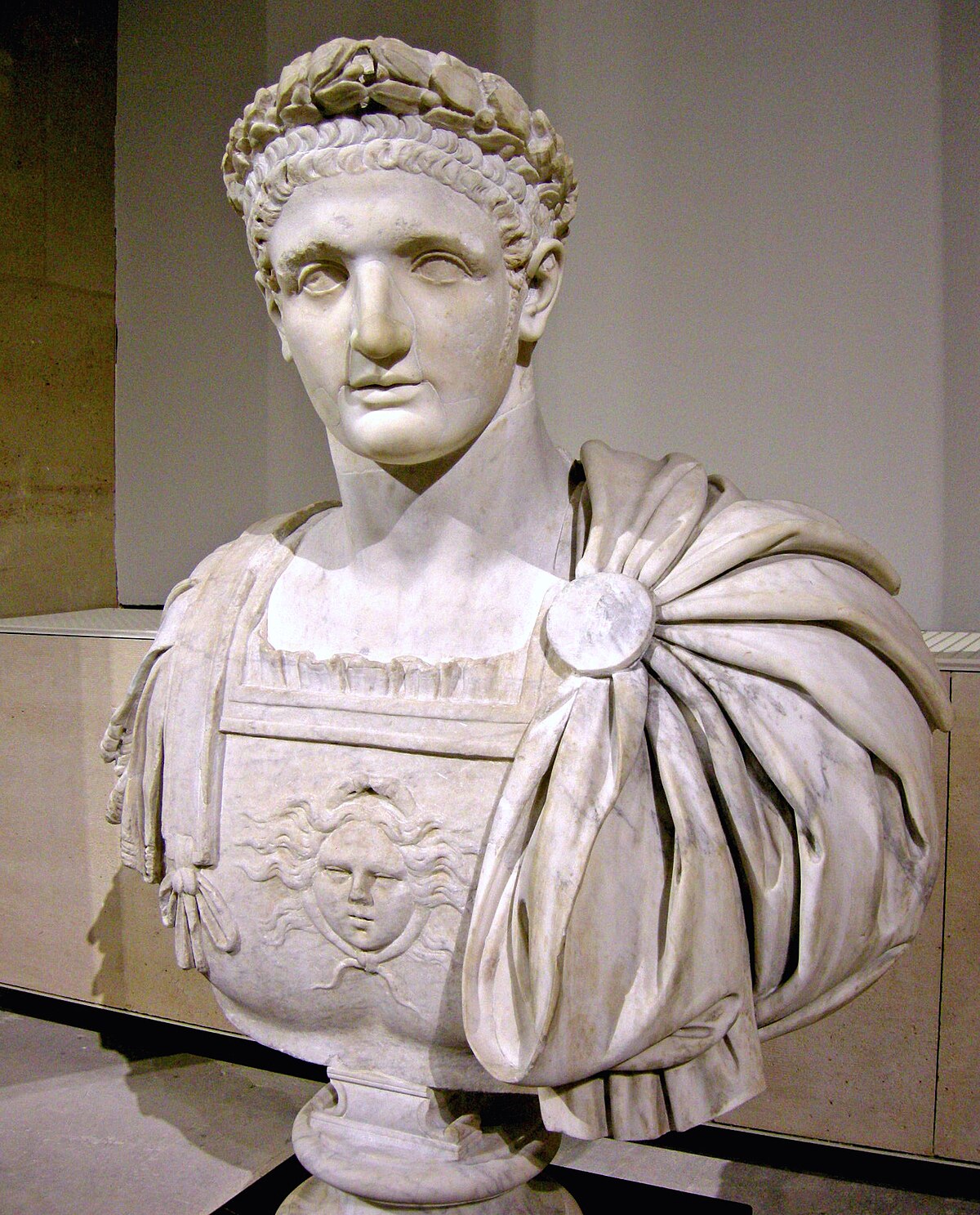Mary's story...
4. (201) There was a certain woman that dwelt beyond Jordan, her name was Mary; her father was Eleazar, of the village Bethezub, which signifies the House of Hyssop. She was eminent for her family and her wealth, and had fled away to Jerusalem with the rest of the multitude, and was with them besieged therein at this time. (202) The other effects of this woman had been already seized upon; such I mean as she had brought with her out of Perea, and removed to the city. What she had treasured up besides, as also what food she had contrived to save, had been also carried off by the rapacious guards, who came every day running into her house for that purpose. (203) This put the poor woman into a very great passion, and by the frequent reproaches and imprecations she cast at these rapacious villains, she had provoked them to anger against her; (204) but none of them, either out of the indignation she had raised against herself, or out of the commiseration of her case, would take away her life; and if she found any food, she perceived her labors were for others, and not for herself; and it was now become impossible for her anyway to find anymore food, while the famine pierced through her very bowels and marrow, when also her passion was fired to a degree beyond the famine itself; nor did she consult with anything but with her passion and the necessity she was in. She then attempted a most unnatural thing; (205) and snatching up her son, who was a child sucking at her breast, she said, “O, thou miserable infant! For whom shall I preserve thee in this war, this famine, and this sedition? (206) As to the war with the Romans, if they preserve our lives, we must be slaves! This famine also will destroy us, even before that slavery comes upon us:—yet are these seditious rogues more terrible than both the other. (207) Come on; be thou my food, and be thou a fury to these seditious varlets and a byword to the world, which is all that is now wanting to complete the calamities of us Jews.” (208) As soon as she had said this she slew her son; and then roasted him, and ate the one half of him, and kept the other half by her concealed. (209) Upon this the seditous came in presently, and smelling the horrid scent of this food, they threatened her, that they would cut her throat immediately if she did not show them what food she had gotten ready. She replied, that she had saved a very fine portion of it for them; and withal uncovered what was left of her son. (210) Hereupon they were seized with a horror and amazement of mind, and stood astonished at the sight; when she said to them, “This is my own son; and what hath been done was mine own doing! Come, eat of this food; for I have eaten of it myself! (211) Do not you pretend to be either more tender than a woman, or more compassionate than a mother; but if you be so scrupulous and do abominate this my sacrifice, as I have eaten the one half, let the rest be reserved for me also.” (212) After which, those men went out trembling, being never so much affrighted at anything as they were at this, and with some difficulty they left the rest of that meat to the mother. Upon which the whole city was full of this horrid action immediately; and while every body laid his miserable case before their own eyes, they trembled, as if this unheard-of action had been by themselves. (213) So those that were thus distressed by the famine were very desirous to die; and those already dead were esteemed happy, because they had not lived long enough either to hear or to see such miseries.
Josephus, Flavius ; Whiston, William:
The works of Josephus: complete and unabridged. Peabody : Hendrickson, 1987
This is why, among other reasons, Jesus told His disciples to flee the city when they saw Rome's legions, and not to return to it. And it's also why He told the weeping women this:
Luke 23:27–30 (NKJV)
27 And a great multitude of the people followed Him, and women who also mourned and lamented Him. 28 But Jesus, turning to them, said, “
Daughters of Jerusalem, do not weep for Me, but weep for yourselves and for your children. 29 For indeed the days are coming in which they will say, ‘Blessed are the barren, wombs that never bore, and breasts which never nursed!’ 30 Then they will begin ‘
to say to the mountains, “Fall on us!” and to the hills, “Cover us!” ’
And, in closing, we see the fulfillment of verse 30 here:
Revelation 6:15–17 (NKJV)
15 And the kings of the earth, the great men, the rich men, the commanders, the mighty men, every slave and every free man, hid themselves in the caves and in the rocks of the mountains, 16 and said to the mountains and rocks, “Fall on us and hide us from the face of Him who sits on the throne and from the wrath of the Lamb! 17 For the great day of His wrath has come, and who is able to stand?”
See how it all comes full circle? When you see Revelation in light of these two tribulations - the persecution of the saints and the subsequent judgment of Jerusalem for it - then every passage in the Bible harmonizes perfectly with the others and with the historical accounts.
The point of all of this is to demistify the Book of Revelation for you, so that even the symbolic parts become understandable. Do i understand it all yet? No. But I'm still working on it. The answers for all of it lie in the rest of the pages of the Bible and ancient Jewish history, life, and culture.
Hope this helps.









